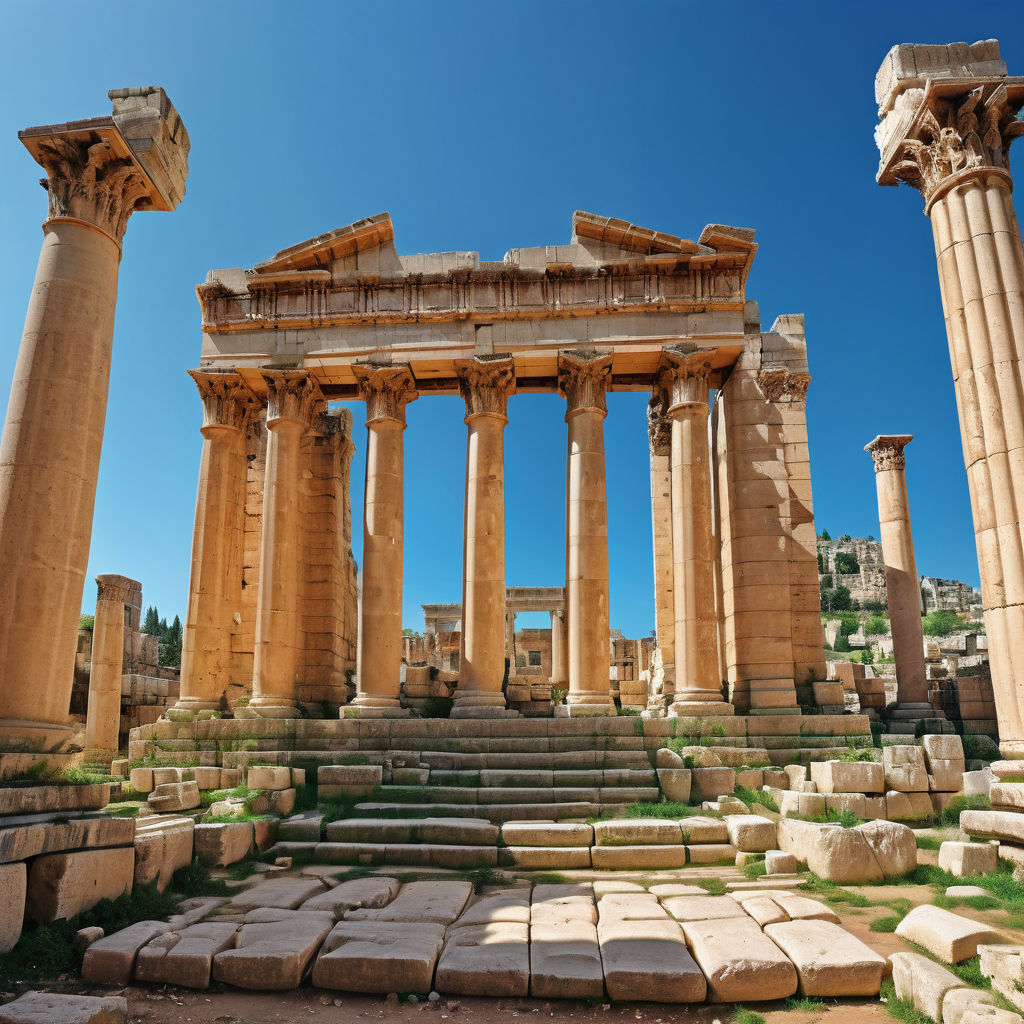Discover Lebanon: A Blend of History, Culture, and Scenic Beauty
Explore the Rich Tapestry of Lebanon's History and Culture

Introduction to Lebanon
Lebanon, a small yet vibrant country located on the eastern shore of the Mediterranean Sea, boasts a rich tapestry of history and culture. With its capital, Beirut, known as the "Paris of the Middle East," Lebanon is home to a diverse population that has contributed to its unique cultural heritage. Major cities like Tripoli, Sidon, and Byblos each offer their own historical and cultural significance, reflecting the country's complex past. Lebanon's geographical landscape ranges from coastal beaches to mountainous regions, adding to its allure as a travel destination.
Cross-national and Cross-cultural Understanding
Lebanese people generally perceive and engage with other cultures with a sense of openness and curiosity. This attitude is rooted in Lebanon's historical role as a crossroads of civilizations, where Phoenicians, Romans, Ottomans, and French have left their marks. Today, Lebanon continues to embrace its multicultural identity through various cultural exchanges, educational programs, and international partnerships. Educational institutions in Lebanon often emphasize the importance of cultural understanding. Many universities offer exchange programs that allow Lebanese students to study abroad and foreign students to study in Lebanon. These programs promote cross-cultural understanding and foster international friendships. Additionally, organizations like the Lebanese American University and the American University of Beirut host cultural events and seminars that encourage dialogue between different cultural groups. International partnerships further enhance Lebanon's cross-cultural engagement. The country participates in numerous global forums and conventions aimed at promoting cultural diversity and understanding. For example, Lebanon's collaboration with UNESCO in preserving its historical sites not only safeguards its heritage but also promotes global cultural awareness.
Interactions and Social Dynamics
The typical interactions between Lebanese people and foreigners are characterized by warmth and hospitality. Lebanese culture places a high value on hospitality, and it is common for locals to go out of their way to make visitors feel welcome. Social behaviors in Lebanon are often informal and friendly, with a strong emphasis on family and community. Communication styles in Lebanon are expressive and direct. Lebanese people are known for their enthusiasm and willingness to engage in deep conversations, often switching between languages to facilitate understanding. Multilingualism is widespread, with Arabic being the official language and French and English commonly spoken. This linguistic diversity greatly aids in interactions with foreigners, making communication more fluid and inclusive. Cultural norms in Lebanon reflect a blend of traditional values and modern influences. Respect for elders, strong family ties, and a collective sense of community are deeply ingrained in Lebanese society. At the same time, there is a progressive attitude towards embracing new ideas and practices, especially among the younger generation.
Views on Dating and Relationships
Dating and relationships with foreigners are generally accepted in Lebanese society, although cultural expectations and traditions still play a significant role. Lebanese people are typically open to the idea of cross-cultural relationships, recognizing the potential for personal growth and mutual understanding that such relationships can bring. However, traditional values often influence attitudes towards dating. Family approval is important, and it is common for individuals to seek their family's blessing before pursuing serious relationships. In some cases, cultural and religious differences may pose challenges, but these are often navigated through open communication and mutual respect.
Marriage and Family
Marrying foreigners in Lebanon is socially and legally accepted, though it comes with certain considerations. Legally, foreign nationals marrying Lebanese citizens must comply with local marriage laws, which may vary depending on religious affiliation. Lebanon's legal system is unique in that it allows religious communities to govern personal status matters, including marriage, which can lead to different requirements for couples of different faiths. Socially, cross-cultural marriages are becoming more common, reflecting the country's diverse and inclusive nature. Families may initially have reservations about cultural differences, but these can often be overcome through understanding and compromise. Trends indicate a growing acceptance of cross-cultural marriages, especially in urban areas where exposure to different cultures is higher.